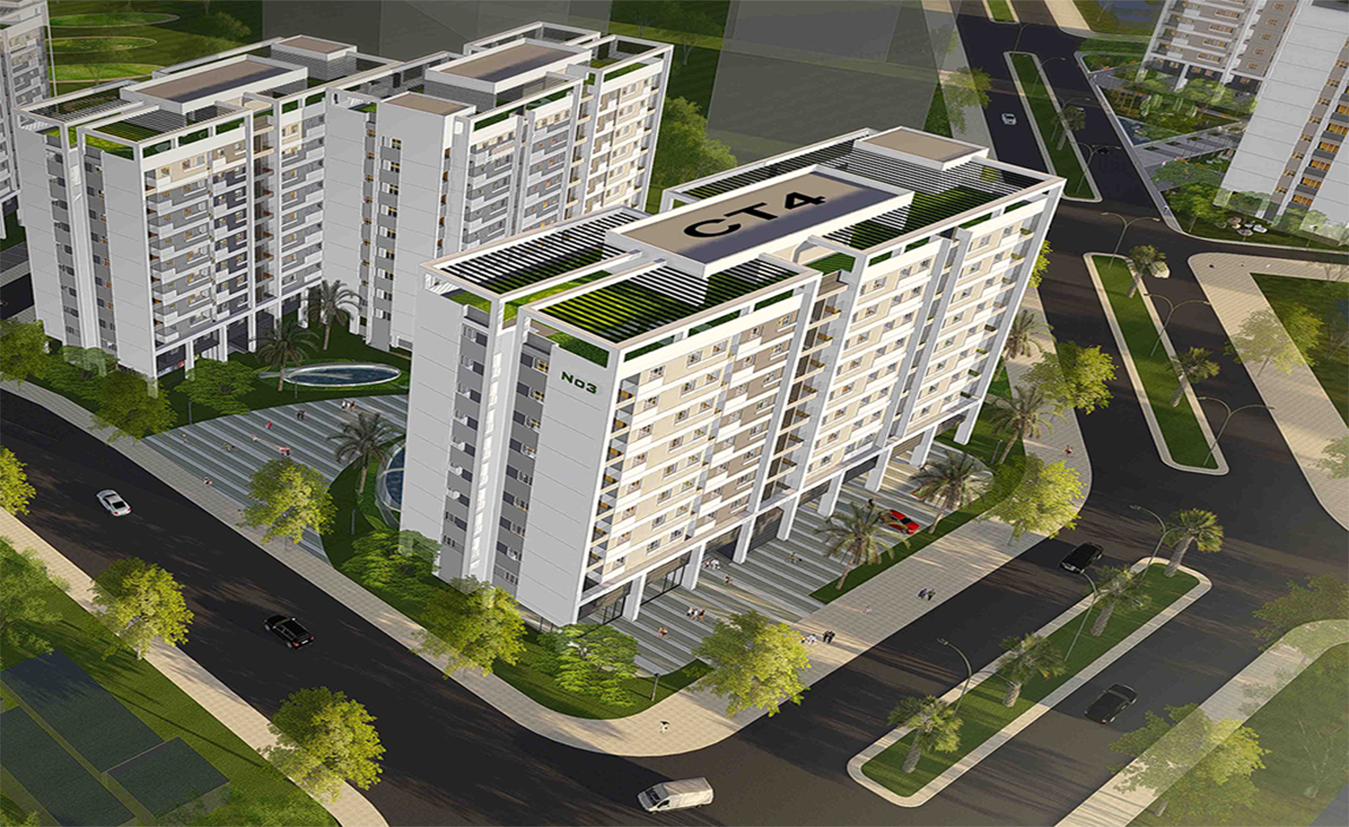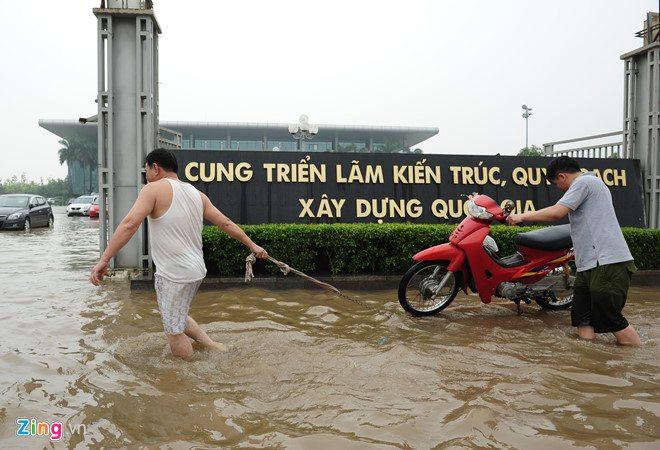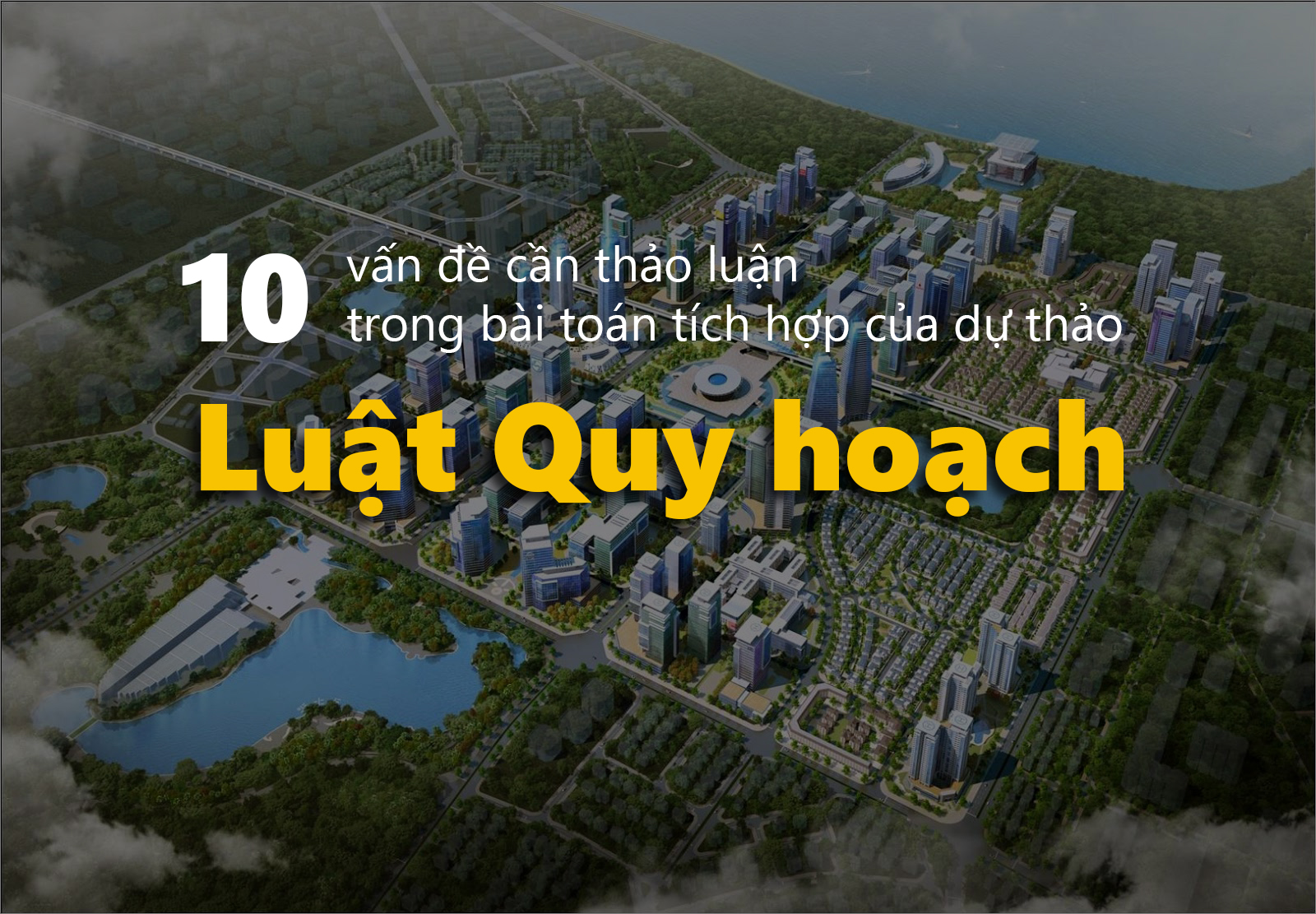With 6 chapters and 82 articles, the Law on Real Estate Business introduces several new requirements to stabilize the current real estate market.

Effective from July 1, The Real Estate Business Law 2014 is expected to have a significant impact on housing development and real estate business activities. Below are some notable changes:
1. Investors must get guarantees from credit institutions for selling or leasing future-built houses.
According to Article 56 of the Real Estate Business Law, investors of real estate projects must obtain a guarantee from a financial institution or credit institution authorized to operate in Vietnam before selling or leasing future-built houses.
2. To engage in real estate business, one must establish an enterprise.
Article 10 of the Law stipulates that one must establish an enterprise or cooperative (collectively referred to as an enterprise) to engage in real estate business. The Law also provides that individuals, households, and organizations that transfer, lease, or lease-purchase real estate on a small scale do not need to establish an enterprise but must declare and pay taxes. (The current real estate transfer tax rate is 2% of the contract value.)
3. Legal capital must be no less than 20 billion VND
The requirement for legal capital for real estate business enterprises was previously 6 billion VND. Now, according to Article 10 of the new Real Estate Business Law, the legal capital must not be less than 20 billion VND.
4. Self-owned capital for project investment by investors must not be less than 20% of the total investment for projects with land use of less than 20 hectares and not less than 15% of the total investment for projects with land use of 20 hectares or more according to the land law.
5. Foreigners are allowed to buy and own houses in Vietnam.
To be specific, the applicable entities include foreign organizations and individuals, enterprises with foreign investment, branches, representative offices of foreign enterprises, foreign investment funds, and branches of foreign banks operating in Vietnam. Foreign individuals allowed to enter Vietnam can buy, lease-purchase, receive as gifts, inherit, and own no more than 30% of the apartments in one condominium building.
6. The mandatory requirement for organizations and individuals doing real estate business to sell, lease, or lease-purchase real estate through a real estate exchange has been removed.
7. Investors of real estate projects can transfer all or part of the project to other investors to continue investment and business activities.
8. The Real Estate Business Law 2014 stipulates that real estate brokers must pass a knowledge examination.
Individuals granted a real estate brokerage certificate must have at least a high school diploma and have passed a real estate brokerage knowledge examination. The real estate brokerage certificate is valid for 5 years. Enterprises providing real estate brokerage services and enterprises operating real estate exchanges must have at least 02 certified real estate brokers.
9. The mobilization of capital and lending to implement social housing (NOXH) support policies will be through the Social Policy Bank (NHCSXH).
The bank will allocate a separate fund to manage the capital for implementing social housing support policies, with the involvement of the Ministry of Construction and the Ministry of Labor, Invalids and Social Affairs supervising the capital use for NOXH development to ensure effective use, capital preservation, correct purpose, and targeted policies; lending will be through the current branches of NHCSXH to avoid additional operational costs.
10. Handling and recovering real estate projects.
The competent authority that decides on project investment will decide to recover the project to assign it to another investor if the project investor violates legal regulations on investment, construction, planning, and architecture without corrective measures as required by the competent state agency, and in cases where the project is subject to land recovery under land law.
An investor whose project is recovered is responsible for resolving the project's outstanding issues to ensure the rights and obligations of customers and relevant parties to the project. Investors with recovered projects are not allowed to be assigned as investors for new real estate business projects for 2 years from the date of project recovery.
Source: Tri thuc tre
 Article table of contents
Article table of contents





.Medium.png)
.Medium.png)
.Medium.png)
.Medium.png)
